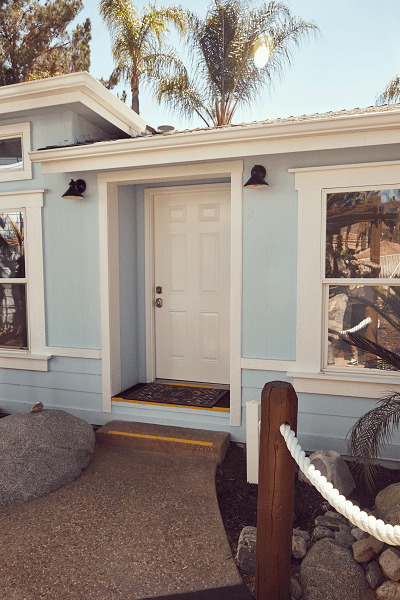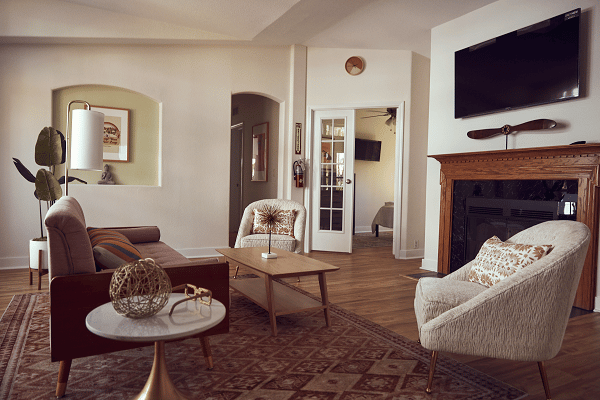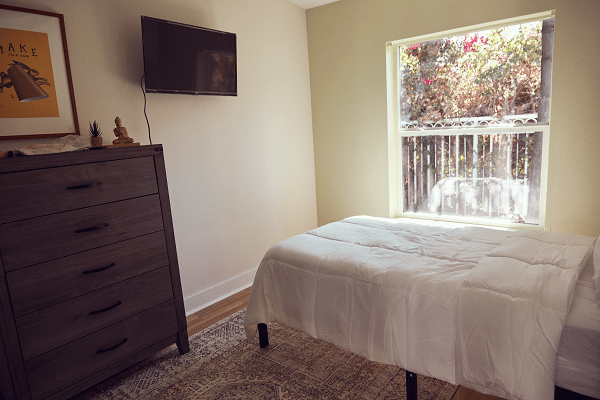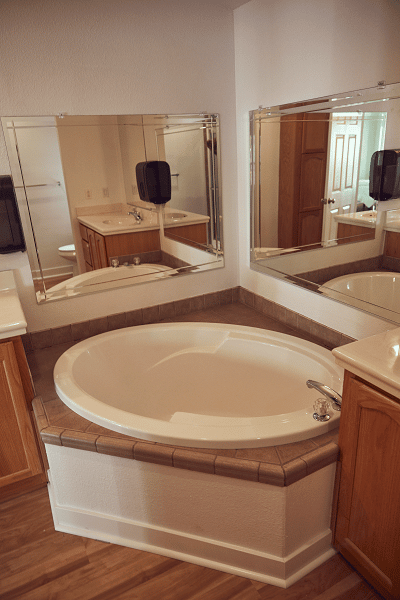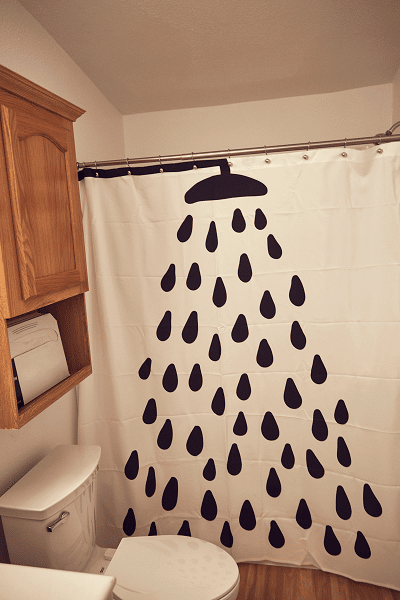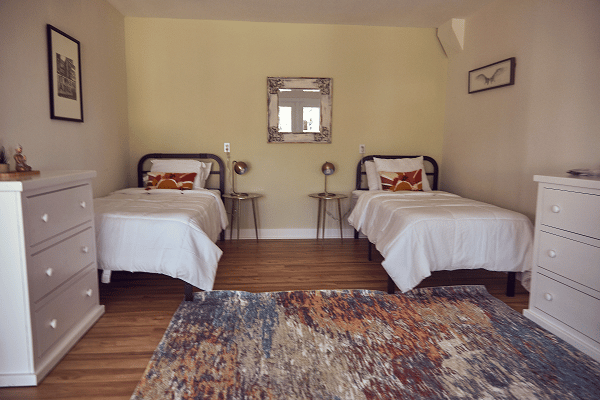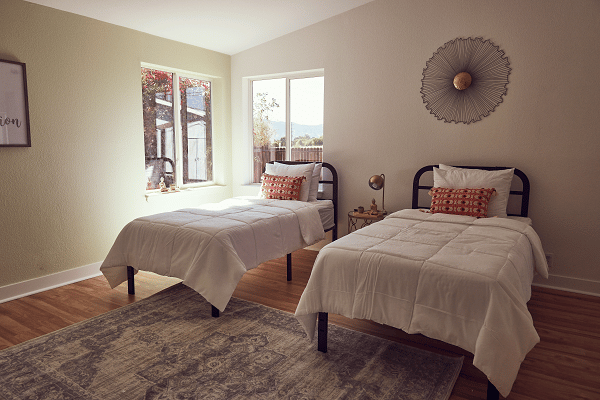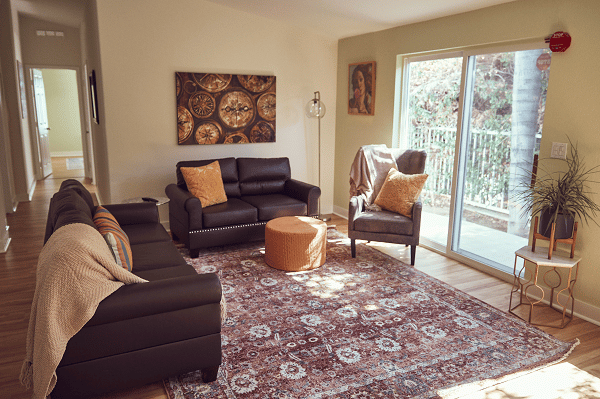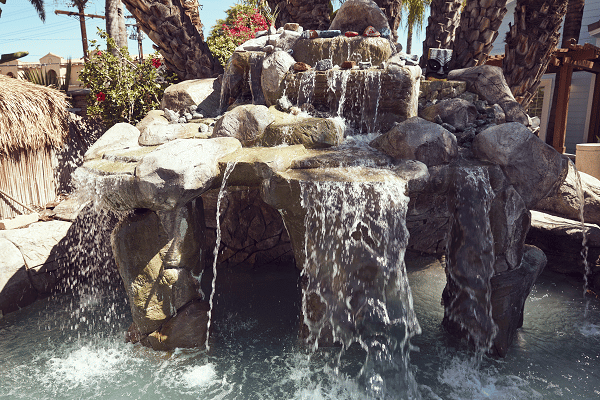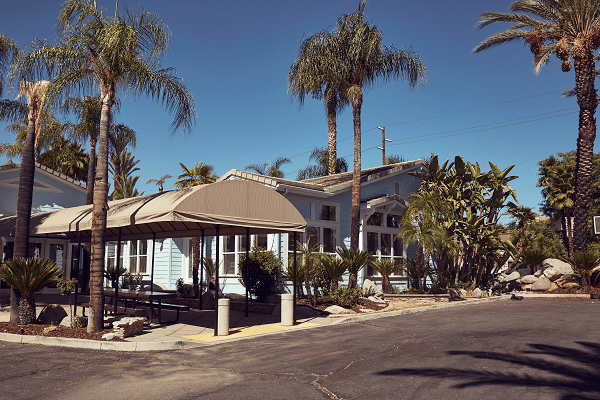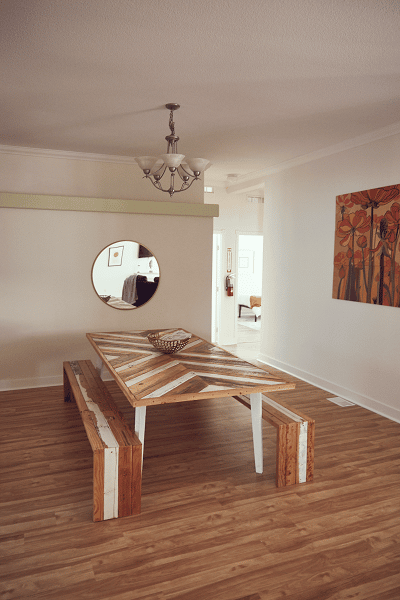We Level Up California Location
Addiction Programs, Therapies & Activities
We Level Up California
Address: 31631 Auto Center Dr, Lake Elsinore, CA 92530
Phone: (951) 461-5134
Hours: 24/7
License Number: 330191AP
Licensed (or certified, or both) by the State Department of Health Care Services
Owned and operated by We Level Up California LLC, a proud member of the We Level Up Treatment Centers Network.
Our local facilities are a short drive from Delano, Bakersfield, Santa Monica, Lompoc, Santa Barbara, Thousand Oaks, Simi Valley, Lancaster, Palmdale, Ventura, Glendale, Los Angeles, Camarillo, Santa Clarita, Pasadena, Pomona, Apple Valley, Torrance, Long Beach, Riverside, Temecula, Hemet, Oceanside, Escondido, San Diego, Anaheim, Huntington Beach, and other Southern California areas.
First-class Addiction Rehabilitation Center
- Inpatient & Residential Drug & Alcohol Rehabilitation
- Dual-Diagnosis Mental Health Therapy
- Lifetime Free Alumni Aftercare Consultations and Events
- Lifetime Free Client Family Support
We Level Up Addiction Programs, Therapies & Activities
Case Manager/Process Groups
Several groups are offered throughout the week for a small Process group where each therapist meets with individuals on their caseload for a private meeting regarding progress, pitfalls, and planning for the future. Small groups are also attended with case managers, allowing for an intimate setting with just individuals assigned to specific case managers.
DBT Integration
Using different DBT techniques; focusing on changing unhelpful behavioral patterns by acknowledging feelings, thoughts, and behaviors.
Life Skills
Having fun in recovery and focusing on how to reintegrate into social situations that are positive. Review the importance of routine and structure and how to live a life in recovery.
Creative Expression
Utilizing creative arts and various forms of expression as opposed to talk therapy to uncover issues below the surface with many mediums, such as music, dance, and crafts.
Brain Chemistry of Addiction
The facilitator educates the residents on the effects of addiction on the brain and provides tools to help in the recovery process.
Spirituality
The facilitator work to enhance connection by facilitating individual and group sessions that focus on cultivating self-compassion.It also helps the residents heal their broken relationships with family and friends by aiding them in repairing these damaged bonds through spiritually based practices.
Conflict Resolution
The facilitator continues to build on mental health and wellness as it pertains to various emotional responses in early recovery; pause; respond vs. reacting; able to focus on the emotional and mental aspects of recovery, separate from physical symptomology; reviews the importance of avoiding catastrophic language, and when escalating, remaining focused on the current situation and how to de-escalate self.
Motivational Interviewing
Motivational Interviewing (MI) is a client-centered counseling approach to help individuals explore and resolve ambivalence toward behavior change. Developed by psychologists William R. Miller and Stephen Rollnick in the early 1980s, MI is a directive yet collaborative method that aims to elicit and strengthen an individual’s motivation for positive change.
Motivational Interviewing is often used in the context of behavior change, such as addressing substance abuse, unhealthy eating habits, or sedentary lifestyle choices. It has been applied in various settings, including healthcare, addiction treatment, mental health counseling, and wellness programs.
MI recognizes that individuals may have mixed feelings about change, and it aims to resolve ambivalence by helping them explore their motivations and overcome resistance. The ultimate goal is to empower individuals to make informed decisions about positive behavior change, considering their unique values and goals.
CBT Integration
Using different CBT techniques for addiction recovery; exploring automatic negative thoughts and catastrophic language and how to change negative thought processes for a more positive outcome and for a better feeling response to the situation.
H & I
Several groups are offered throughout the week for a small Process group where each therapist meets with individuals on their caseload for a private meeting regarding progress, pitfalls, and planning for the future. Small groups are also attended with case managers, allowing for an intimate setting with just individuals assigned to specific case managers.
Family Dynamics
The facilitator uses lessons on co-dependency, enabling and continued methods to identify family systems perspectives; Satir modeled overlay with role identification in the family unit and how to heal the family system. Family therapists and additional clinicians offer opportunities for family therapy on “face time”/zoom, as addiction and mental health concerns are family issues affecting the entire dynamic.
Coping Skills
The facilitator focuses on healthy coping skills such as relaxation, gratitude, and journaling to help residents solve various issues.
Medical Education
Focuses on the importance of medication management and continuing medication regimen after discharge and as part of the after-care process; infection control, HIV/STD awareness, and handwashing hygiene/COVID precautions.
Discharge Planning
The facilitator helps the residents develop a discharge plan, create an aftercare plan, and have it in place when they complete treatment.
States of changes
The facilitator educates the residents on the transtheoretical model, which is the process by which people overcome addiction.
End Your Substance Abuse Pain
The We Level Up California admission process is designed to be seamless, ensuring that you or your loved one can begin the journey to recovery within as little as 24 hours from the first call. It starts with a pre-admission assessment by an admissions coordinator, who evaluates medical, mental health, and substance abuse history. Next, we conduct an insurance check to see if your health insurance is accepted, working with a broad network of providers to find suitable resources. If insurance is not an option or you prefer alternative payment methods, we offer other solutions. A dedicated treatment consultant then arranges your admission and initial meetings with the treatment team for a smooth transition. For those arriving from out of town, we assist with transportation to the facility. Upon arrival, the We Level Up staff will welcome you and finalize the admissions process, enabling you to start your path to recovery and a healthier life.
Recreational Recovery Activities
Our Recreations Director is in charge of our curriculum of recreational activities that follow recreational therapy best practices:
- Karaoke
- Trivia
- Corn hole
- TV in each room with a wireless headset
- Arcade machines
- Xbox
- Netflix
- Dog Friendly (with paperwork)
- Taco Tuesdays
- Pizza night
Rehabilitation Center Activities
- Art Therapy
- Aftercare Planning
- Breakfast/Med Pass
- Breathwork
- Caseload groups – All therapists
- Coping Skills
- Dinner
- Medical Education
- Emotional De-Escalation
- Evening Med Pass
- Experiential
- Family Dynamics
- H&I – speakers
- Lunch/Med Pass
- Medical Education
- Meditation
- Morning Meditation
- Orientation Group
- Recovery Coaches
- Recreation Activities
- Reiki
- Yoga
Comprehensive Case Management Services
Clients may be evaluated for case management services including assistance and support for:
- Pending legal matters
- FMLA – family medical leave act
- Discharge Planning
- Letters of presence, treatment verification letters, or treatment provider letters
- DUI
- HIV awareness
- Marchman Act
- Relapse Prevention
- Dietitian
- H&I
- Short term disability assistance with case manager
- Assistance with COBRA
- Wellness coach
- Other matters as needed
Your assigned case manager can answer your questions, help you understand and fill out forms, describe the process, and provide all needed information for your individual circumstances.
Moreover, case managers in mental health centers can help patients coordinate with other services, develop an individualized care plan, and provide advice and guidance on daily living tasks. The team helps mitigate the challenges faced during recovery and ensures that all individual needs are met.

